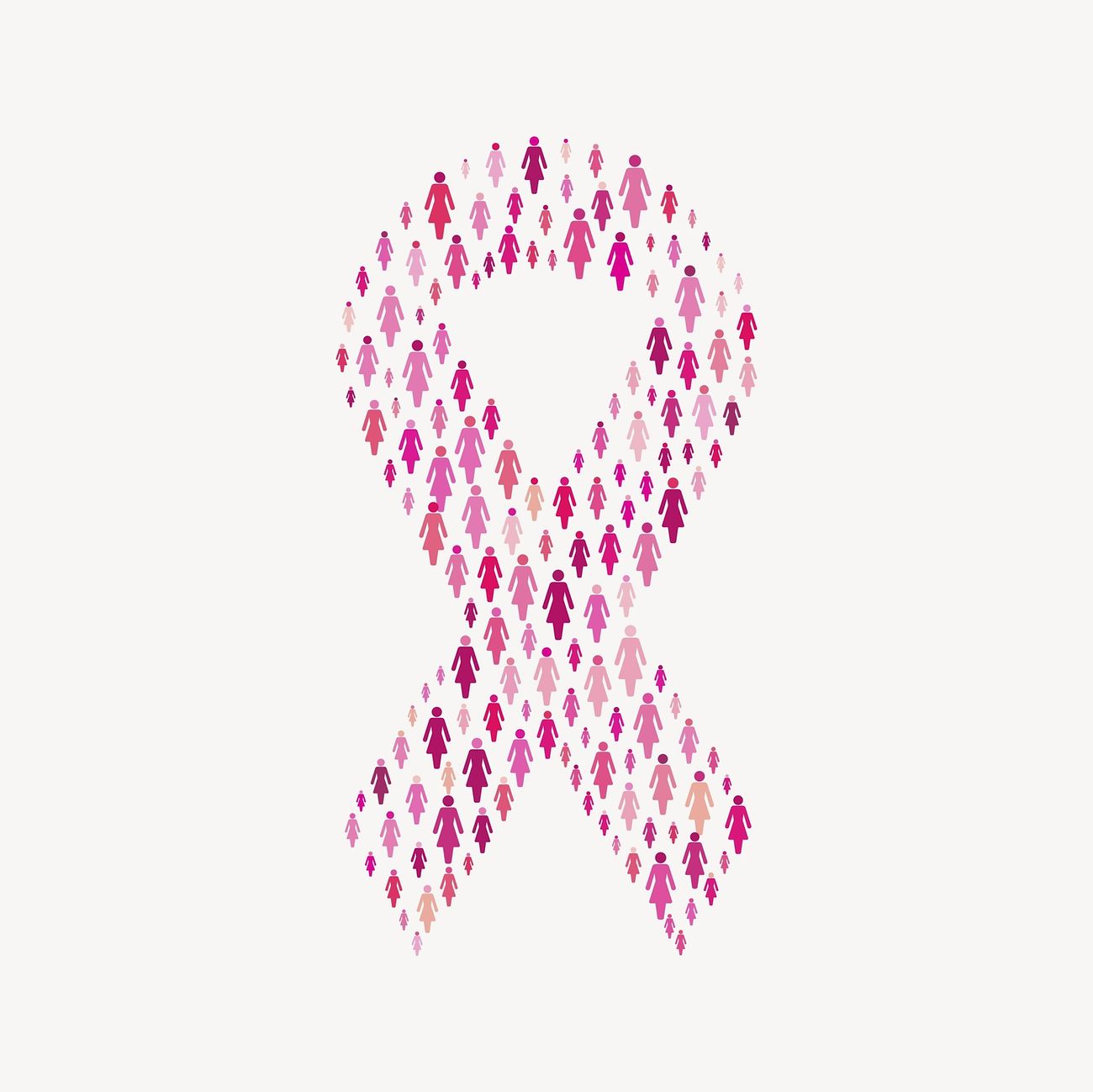Cancer prevention refers to actions and lifestyle choices that can reduce the risk of developing cancer. These can include things such as maintaining a healthy diet, getting regular exercise, avoiding tobacco and excessive alcohol use, protecting the skin from UV radiation, and getting recommended cancer screenings. Additionally, avoiding exposure to known carcinogens, such as certain chemicals and pollutants, can also help to reduce the risk of cancer.
It’s worth noting that not all cancers are preventable. Some are caused by genetic factors that cannot be controlled, and others develop due to chance. However, research suggests that a significant portion of cancers are preventable through lifestyle changes.

- Maintain a healthy diet: Eating a diet rich in fruits and vegetables, lean protein, and whole grains can help lower your risk of developing cancer. Avoid processed foods, sugary drinks, and high-fat meats.
- Get regular physical activity: Engaging in regular physical activity, such as going for a walk, jog, or bike ride, can lower your risk of cancer. Aim for at least 30 minutes of moderate activity per day.
- Avoid smoking and secondhand smoke: Smoking is a leading cause of cancer, and even exposure to secondhand smoke can increase your risk. Quit smoking, and avoid environments where smoking is allowed.
- Limit alcohol consumption: Drinking too much alcohol can increase your risk of developing certain types of cancer, including breast and liver cancer. Limit your alcohol intake to no more than one drink per day for women and two drinks per day for men.
- Practice safe sun exposure: The sun’s UV rays can damage your skin and increase your risk of skin cancer. Use sunscreen, wear protective clothing, and limit your time in the sun during peak hours.
- Get regular screenings: Many types of cancer can be detected early through screenings such as mammograms, colonoscopies, and pap smears. Talk to your doctor about which screenings are right for you, and schedule them as recommended.
- Avoid exposure to toxins: Exposure to certain chemicals, such as pesticides and pollutants, can increase your risk of cancer. Avoid exposure by choosing organic produce, cleaning with non-toxic products, and avoiding polluted areas.
- Manage stress: Chronic stress can take a toll on your mental and physical health, including increasing your risk of cancer. Practice stress-management techniques such as meditation, yoga, or deep breathing to help reduce stress.
- Get enough sleep: Lack of sleep can increase your risk of developing cancer. Aim for 7-8 hours of sleep per night, and avoid electronic devices before bedtime to improve your sleep quality.
- Support cancer research: By supporting cancer research and organizations, you can help advance cancer treatments and discover new ways to prevent and cure cancer. Participate in fundraising events, such as runs, walks, or auctions, to raise money for cancer research and organizations.

In conclusion, cancer prevention is crucial in reducing the incidence and mortality of the disease. There are several steps that can be taken to reduce the risk of cancer, such as maintaining a healthy diet and lifestyle, getting regular screenings and check-ups, avoiding tobacco and excessive alcohol consumption, and protecting yourself from environmental toxins and UV radiation. By taking proactive steps to prevent cancer, individuals can greatly increase their chances of living a healthy and cancer-free life.



3 thoughts on “10 Ways to Protect Yourself From Cancer”